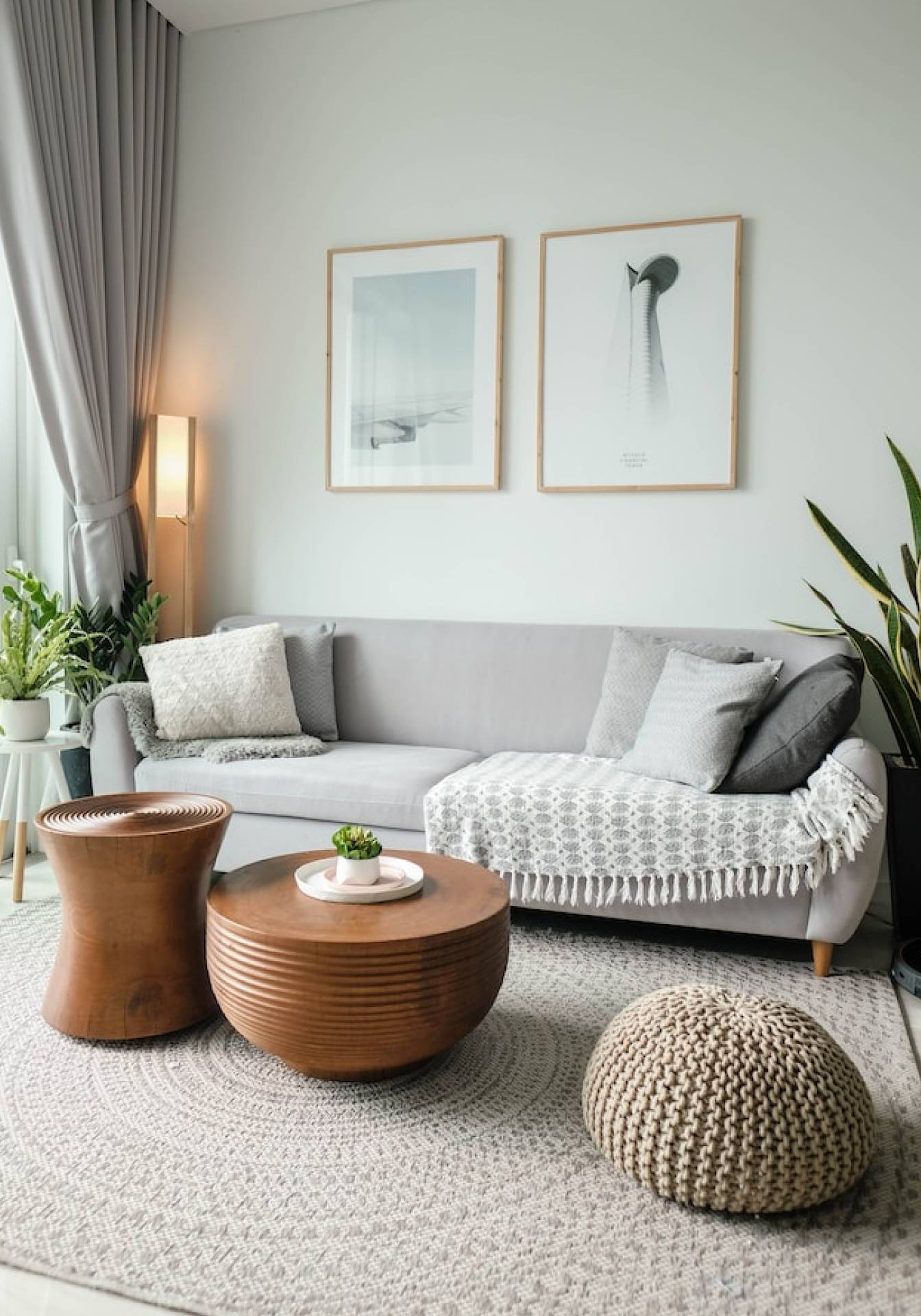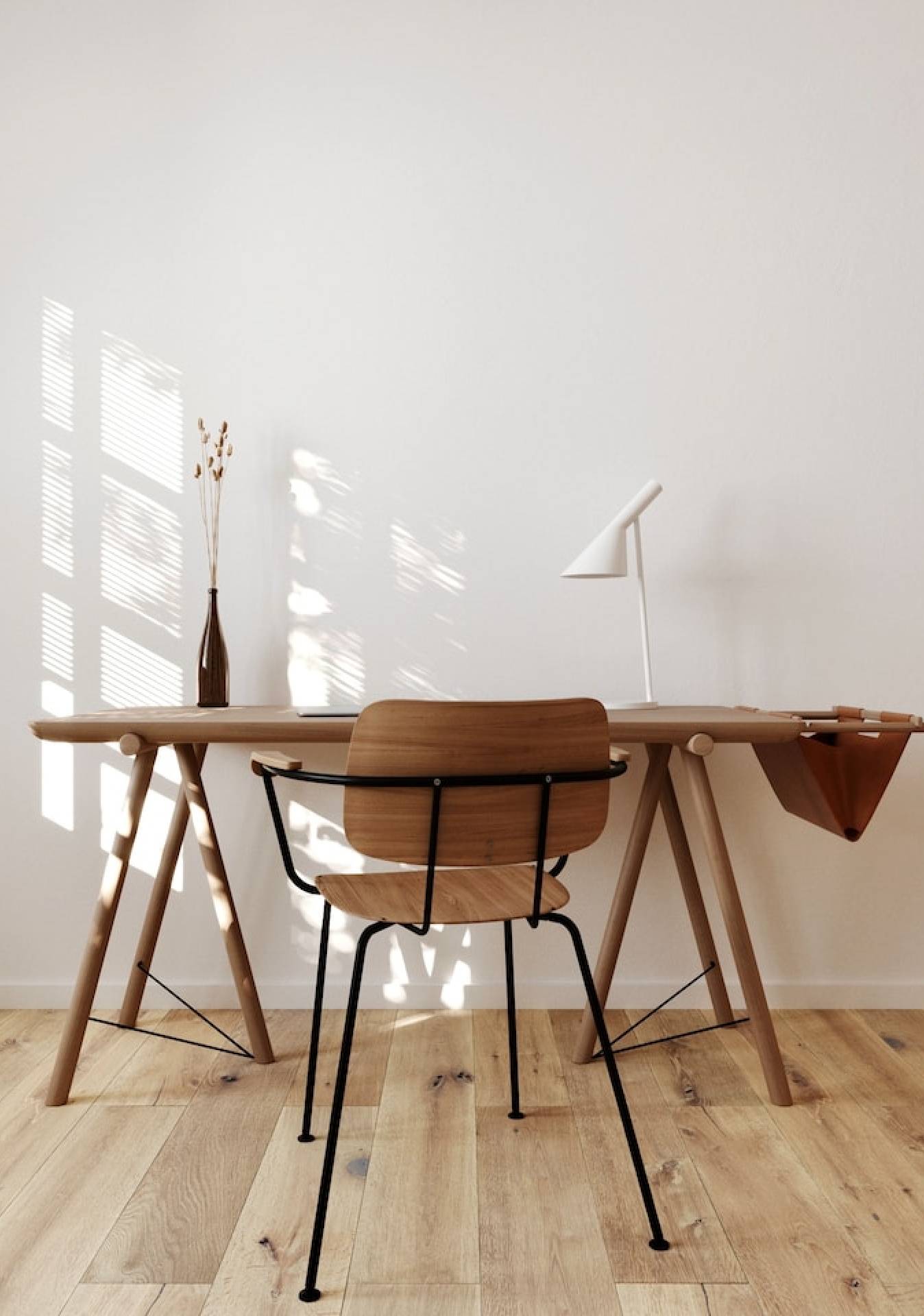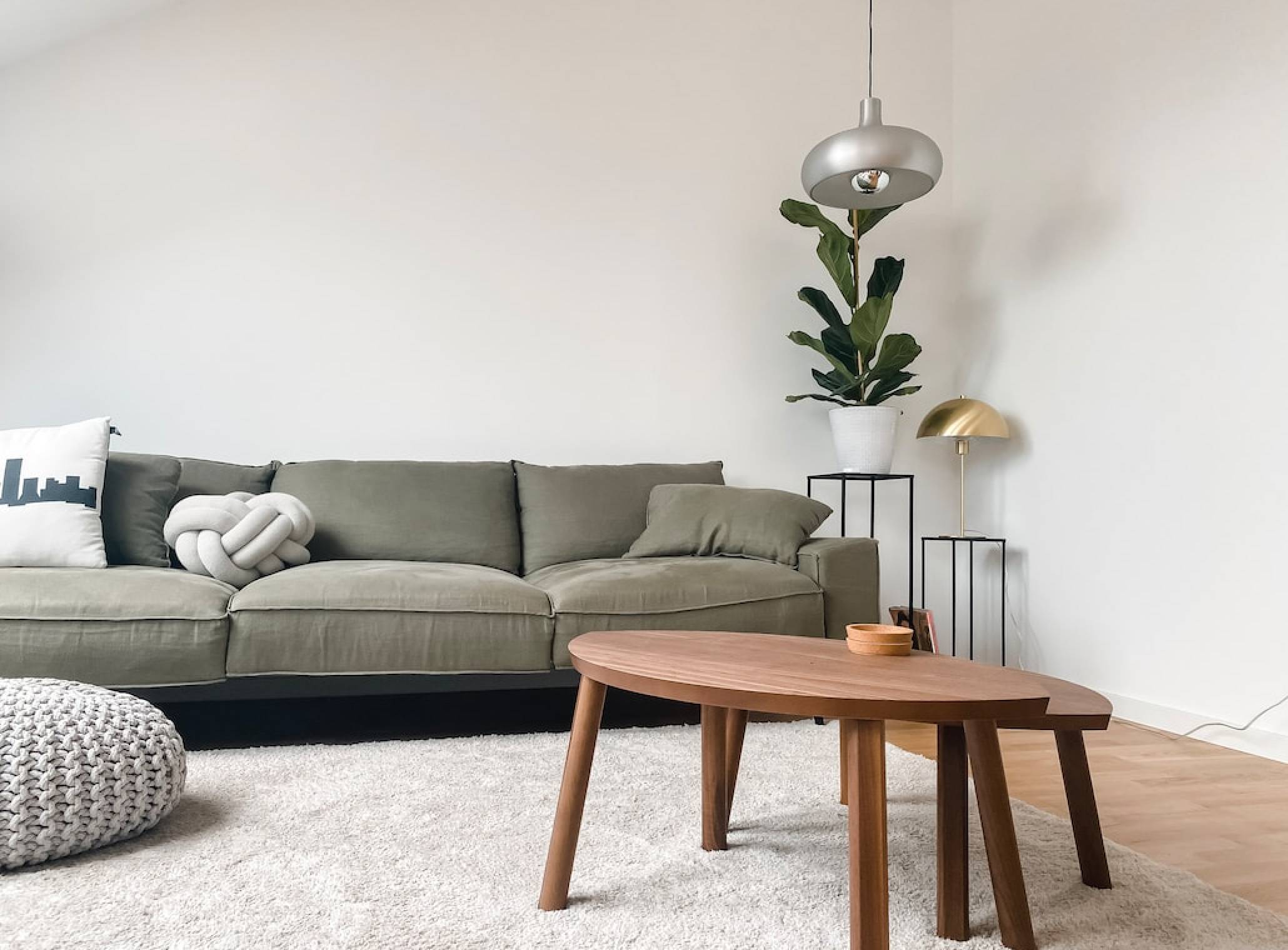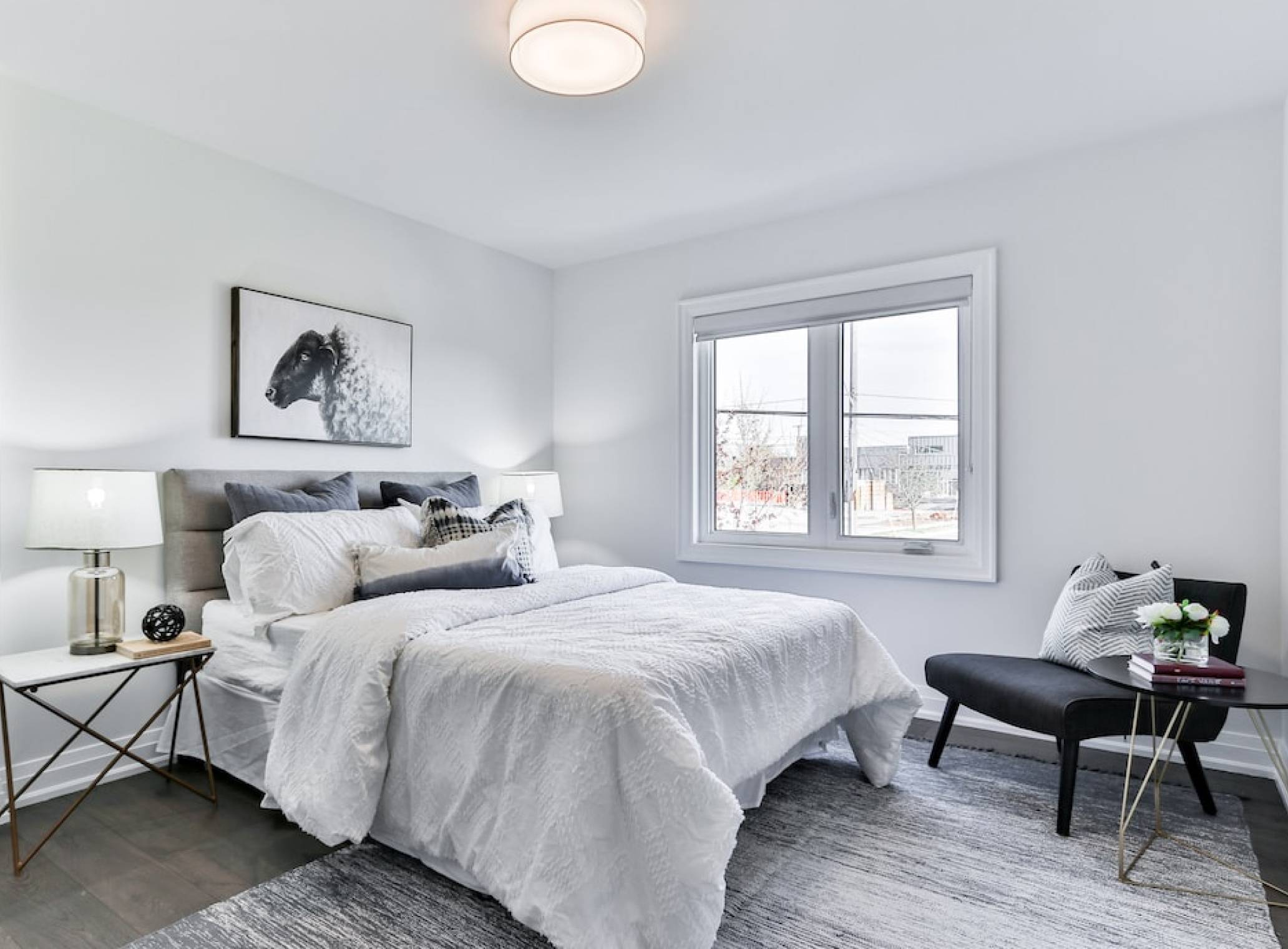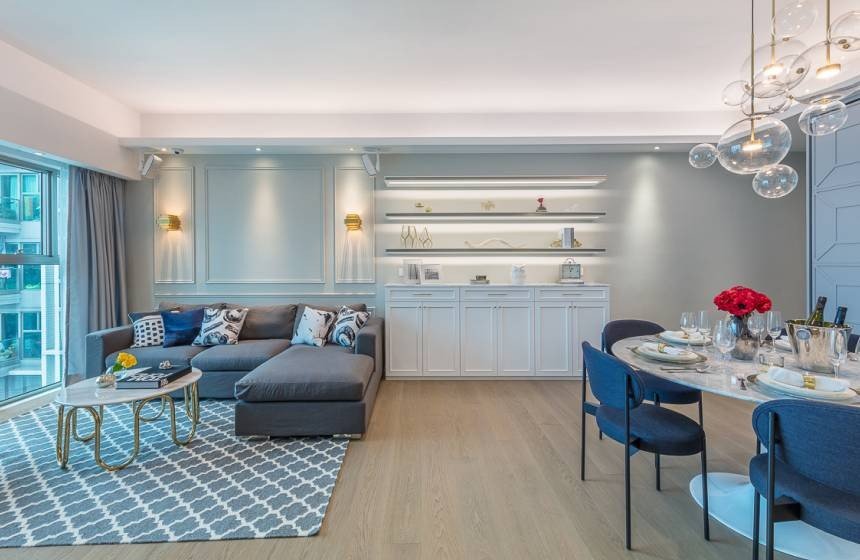Is your home WELL?
Does the design of your home put your health and wellbeing first? Homes are spaces in which we relax and unwind, where we seek daily rejuvenation and comfort, and where we share our lives with family and friends. It’s important, then, that the design of our homes promotes health and wellbeing, and enables us to thrive.
The WELL Building Standard is the world’s first architectural building certification focused exclusively on human health and wellbeing. It is a holistic approach to the spaces we occupy that puts people at the heart of building design. Humans spend as much as 90% of their time indoors, so it’s important that these spaces nourish and support us.
Common risks to human health and wellbeing today include stress, air pollution, poor diet and lack of sleep, and our built environments can often compound these stressors. WELL encourages building design that improves comfort, drives better choices and enhances, rather than compromising, our overall health.
You can assess whether your home meets the WELL Building Standard by considering the following factors.
MIND
Crowding, noise, air quality and light can all be detrimental to emotional wellbeing, so WELL standards use design, technology and treatment strategies to optimise cognitive and emotional health.
COMFORT
Does your home prioritise comfort? Temperature, noise, smell and even shape all contribute to our comfort at home and our consequent health and wellbeing.
FITNESS
Does your home encourage an active lifestyle? Globally, 1 in 4 adults is not active enough, and insufficient physical activity is a key risk factor for illnesses such as heart disease, cancer and diabetes.
LIGHT
The use of natural light minimises disruption to the body’s circadian rhythm, which in turn enhances productivity and supports good sleeping habits. Windows also offer people an opportunity to connect with the outdoors.
NOURISHMENT
Wellness requires readily available fresh and wholesome foods, and mindful eating. Poor nutrition is linked to a number of chronic health problems, including diabetes, heart disease and obesity.
WATER
WELL promotes the provision of safe and clean water. Being dehydrated by just 2% has been shown to impair cognitive performance.
AIR
Maintaining a high standard of indoor air quality improves our cognitive abilities and is better for long-term respiratory health. Concentrations of some pollutants can be 2–5 times higher indoors than outdoors.
By adopting the principles of the WELL Building Standard in your home, you can create spaces that benefit your health and happiness, enabling you to show greater engagement in all areas of your life – both indoors and out. Grande Design is specialists in WELL building design and can offer guidance and expertise in how to make sure your home enhances your wellbeing.



